For years, European Commission President Ursula von der Leyen has been unwavering in her assertion that Ukraine is making great strides on the path of democratic progress. Recently, with her characteristic confidence, she declared that if the process continues at its current pace and quality, Ukraine could join the European Union even before 2030. As we listen to this unshakable woman, we are left in awe at how, in such a rapidly changing world, someone can remain so steadfastly convinced of a single viewpoint—especially on a matter as significant as EU accession—without even consulting the hundreds of millions of European citizens who will be affected by it.
Prime Minister Viktor Orban and Foreign Minister Peter Szijjarto are at least as experienced in politics as Ms. Von der Leyen, yet they see the issue from a completely different perspective—one that also takes into account the opinions of the Hungarian people. They argue that Ukraine’s accession would pose numerous risks, potentially devastating Europe’s economy and agriculture. They have repeatedly articulated and substantiated this stance with arguments, in stark contrast to Ms. Von der Leyen, who offers no supporting rationale for her statements on Ukraine—only an impassive facial expression and a seemingly innocent gaze.
Ms. Von der Leyen frequently discusses how the EU could take on hundreds of billions of euros in debt to support Ukraine—primarily for military purposes—but she remains silent on what the rushed accession would cost the citizens of Europe. The Budapest-based Center for Fundamental Rights took the time to calculate the financial implications and found that if our Eastern neighbor, supposedly boasting a “high-quality” democracy, were to join the EU by 2030, Hungarian households and businesses alone would lose at least 10 trillion (i.e. ten-thousand-billion) forints.
Beyond the monetary losses, Ukraine’s lack of GMO regulations poses significant risks to the food industry, while an influx of workers would flood the labor market. Additionally, the expansion of extensive criminal networks and numerous other negative developments are all part of the so-called “quality progress” observed by Ms. Von der Leyen.



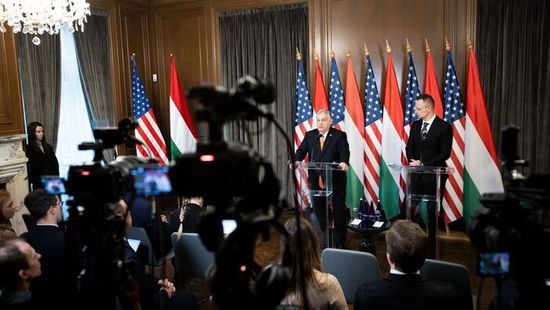




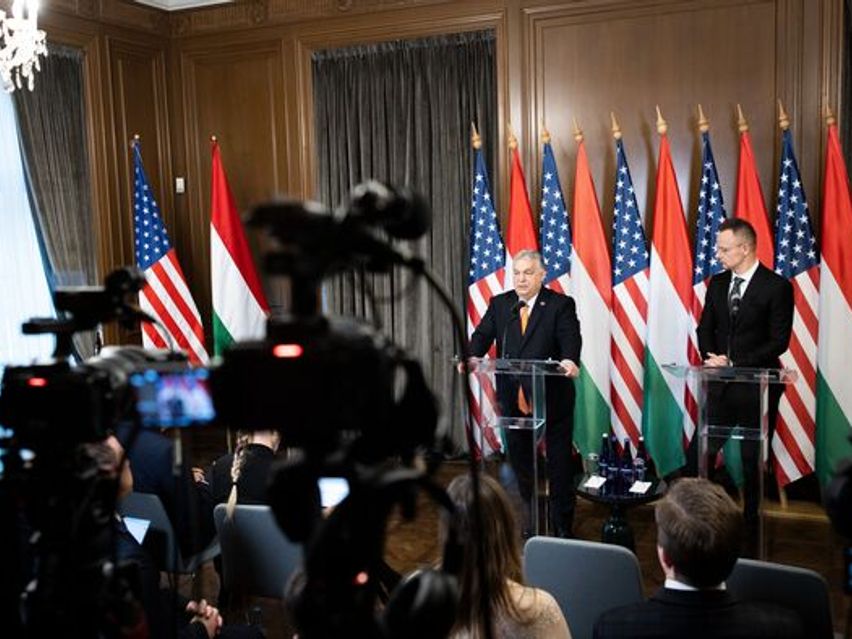
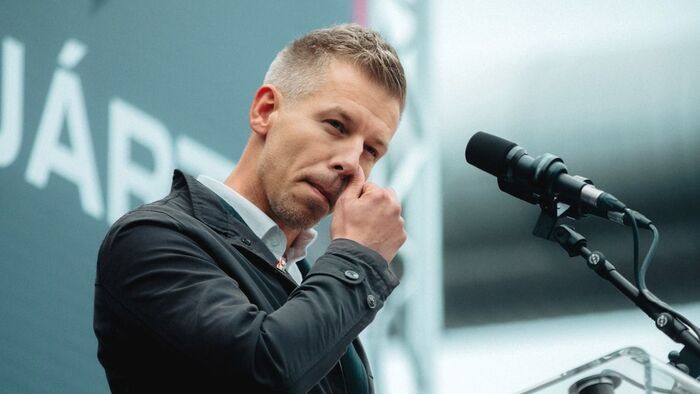

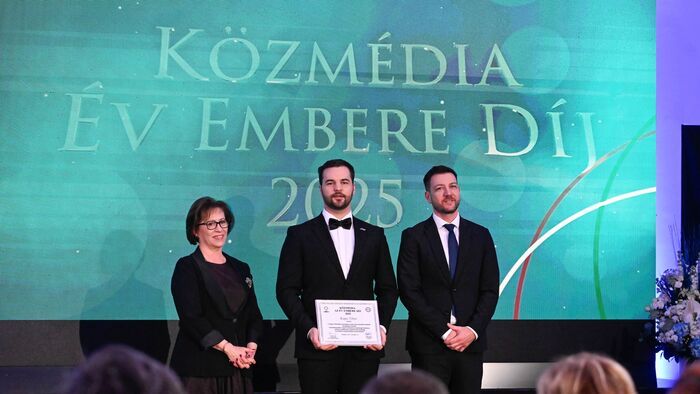
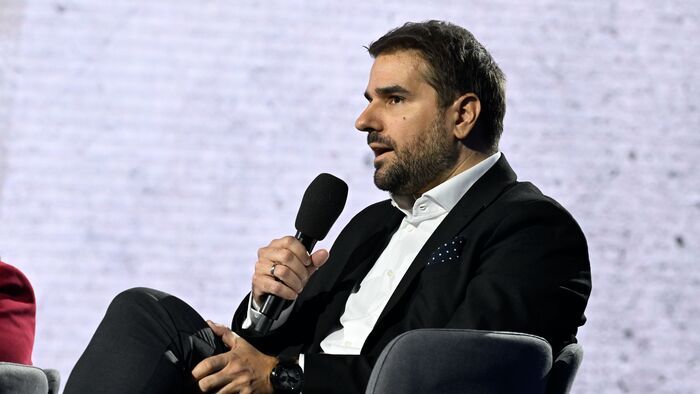
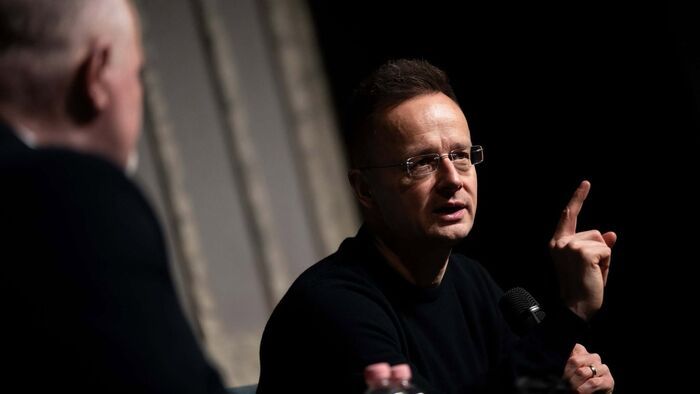
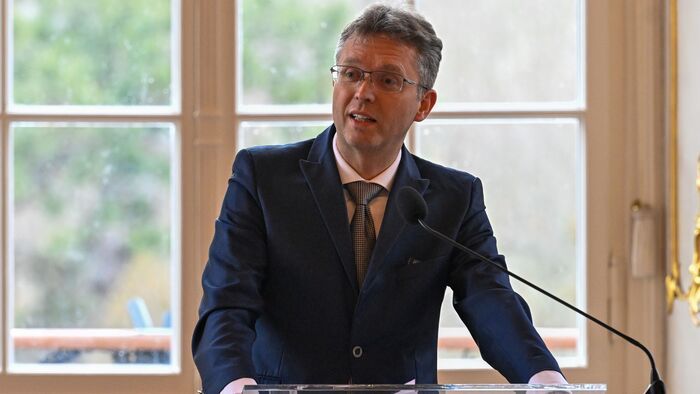

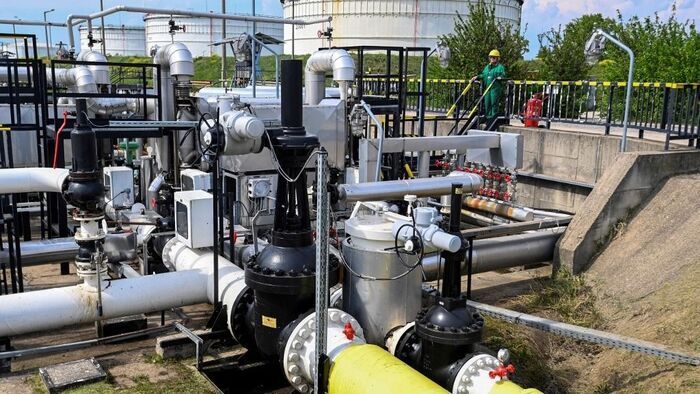
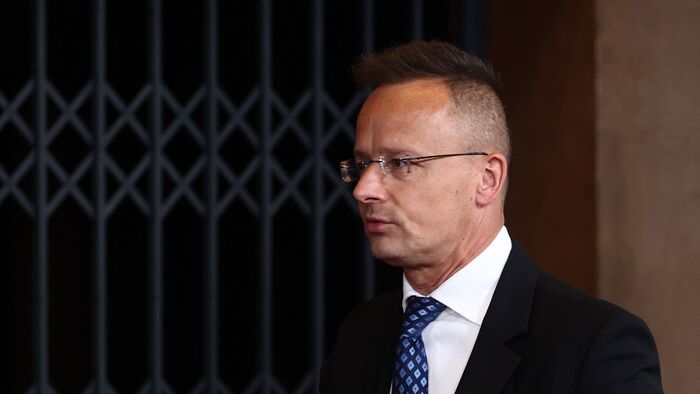

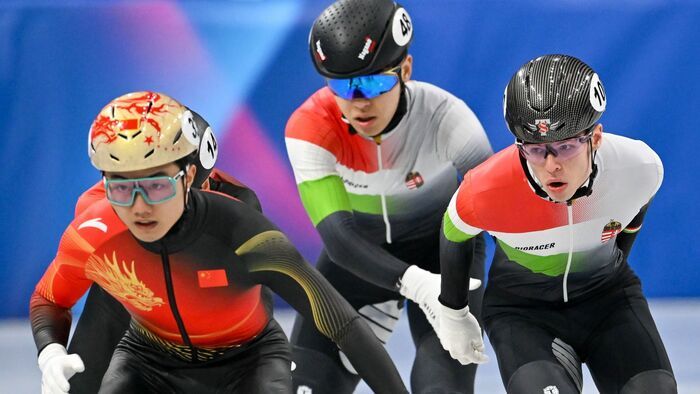
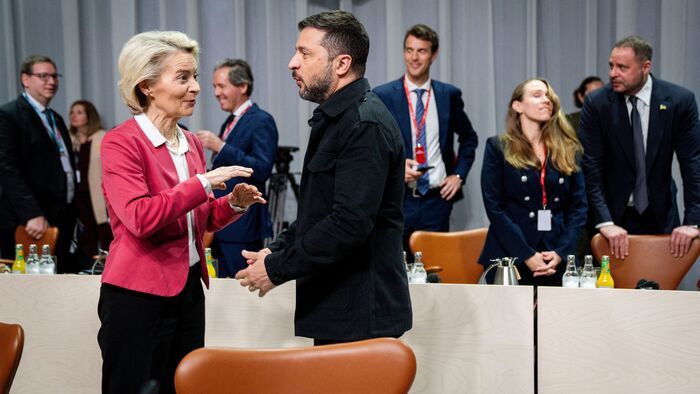
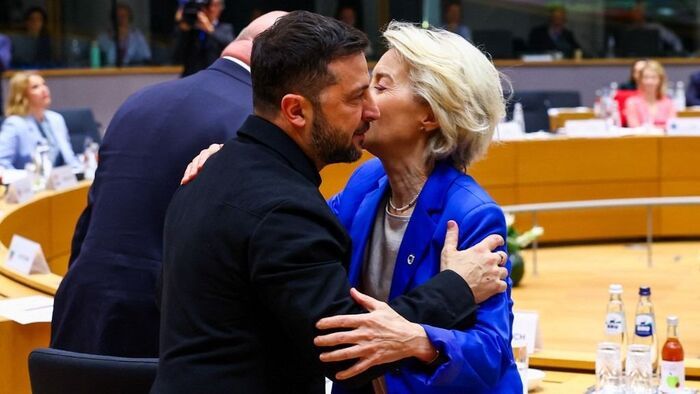

Szóljon hozzá!
Jelenleg csak a hozzászólások egy kis részét látja. Hozzászóláshoz és a további kommentek megtekintéséhez lépjen be, vagy regisztráljon!